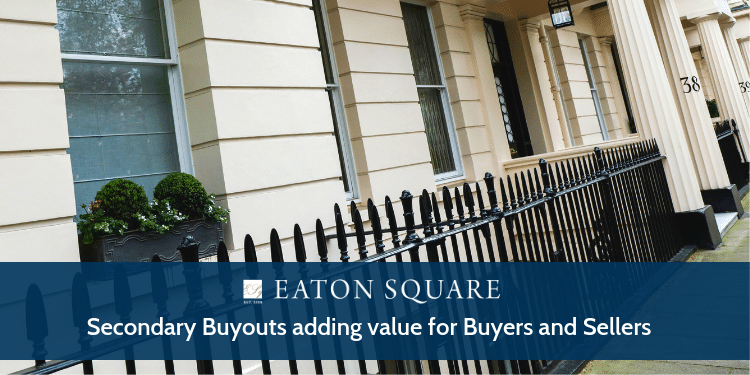
Posted on 9 月 3, 2019 by 尼尔·伯恩 在 Private Equity
Secondary buyout transactions where private equity sells assets to other private can create value for both sides of the transaction.
Key advantages for sellers include:
- Private Equity buyers are well organised and resourced to conduct transactions. A sale to 私人产权 is less likely to be sideswiped by some of the internal issues that can derail a trade sale to strategic buyers. Trade sales can fall over for reasons unrelated to the quality of the asset: management agendas change, not every company has experience in-house M&A teams and sometimes cash resources get diverted to other areas. Private Equity teams are focussed on finding and executing deals, they move quickly to assess and reject assets that don’t fit with their requirements.
- Private Equity buyers are fast. The seller can get their cash and are not tied up with escrow restrictions that come with a public listing or dealing with a multi-stage transaction that some trade buyers prefer.
- Private Equity is flexible. Offering the exiting fund the option to sell all or some of its holdings in an asset. This can be particularly useful when a manager has made multiple investments in a company across different funds. A partial sale of the component held by its older fund can be attractive in terms of realising value and tidying up the end-of-life fund whilst enabling its newer fund to continue to ride the upside. Can be an attractive way of tidying up the legacy fund whilst allowing the newer fund to continue to ride the upside.
Key advantages for buyers of secondary positions include:
- Large funds need to buy large assets. Recent years has seen the emergence of a new category of Mega funds (defined by Pitchbook as those with assets under management greater than USD $5 Billion). With such large volumes of capital to deploy, these funds are seeking larger assets to buy. Given the relative lack of large independent targets to purchase, buying assets that have already been scaled up by another 私人产权 has obvious appeal. We see this same dynamic cascading down across all tiers of private equity.
- Assets already owned by Private Equity are relatively ‘clean’. Potential due diligence ‘skeletons’ are already out of the cupboard are being managed, good governance and strong reporting disciplines are in place. Key Performance Indicators for Staff and management are identified and tracked and tied to incentive programs.
- The management teams of PE-owned companies are experienced in working with PE and understand their ambitions and strengths. This enables Secondary investors to continue the journey building on what the previous owners have achieved with an experienced management team.
